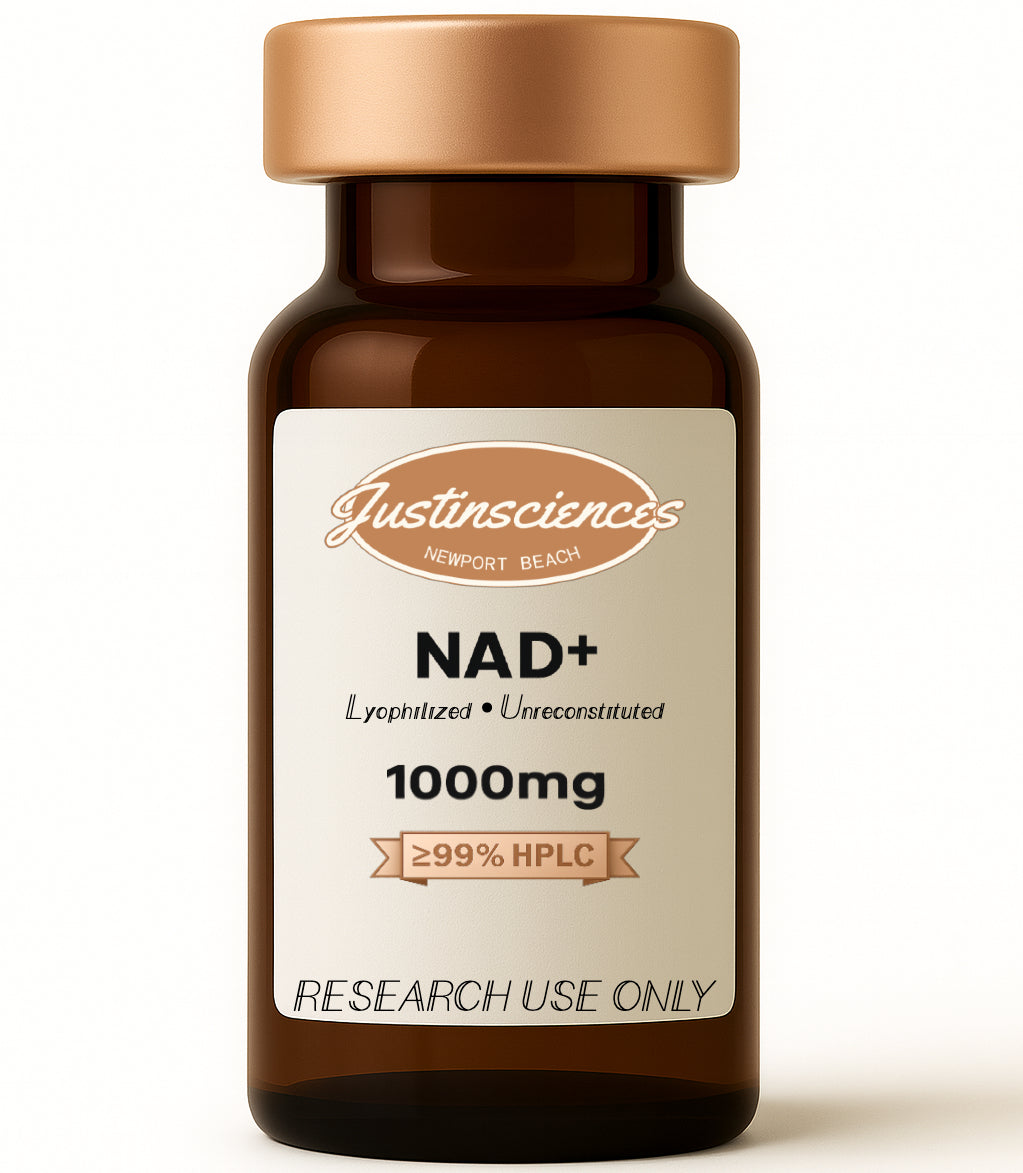Evaluation of safety and effectiveness of NAD in different clinical conditions: a systematic review
This systematic review examined the safety and effectiveness of NAD+ and NADH supplementation in humans through randomized clinical trials. NAD+ is described as an essential pyridine nucleotide cofactor present in cells and involved in several important biological processes, including oxidative phosphorylation and production of adenosine triphosphate, DNA repair, calcium-dependent secondary messenger and gene expression. The researchers conducted a comprehensive search across six electronic databases (PubMed, MEDLINE, Embase, Cochrane) to identify relevant clinical trials.
Key Findings:
Safety Profile: The review found that NAD+ precursors demonstrate good safety profiles in human subjects
Biological Processes: Confirmed NAD+'s crucial role in cellular energy production, DNA repair, and gene expression
Clinical Applications: Evidence supports use in various clinical conditions
Methodology: Represents one of the most comprehensive systematic reviews of NAD+ supplementation to date



